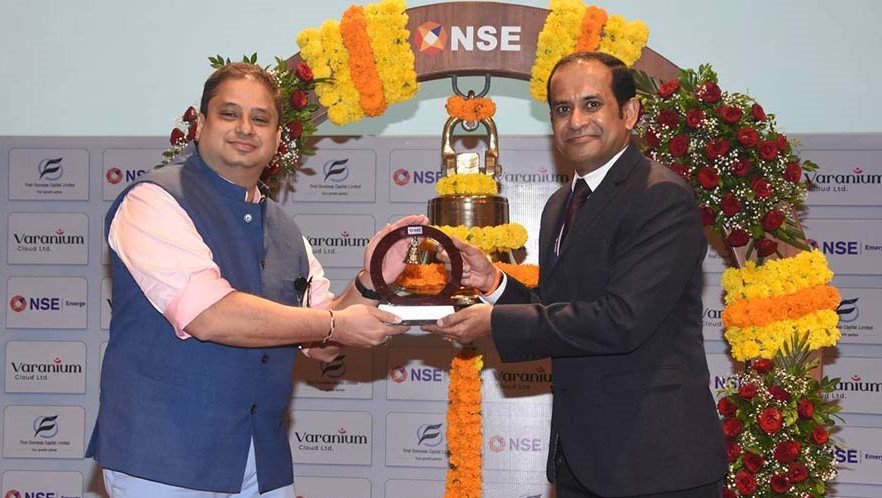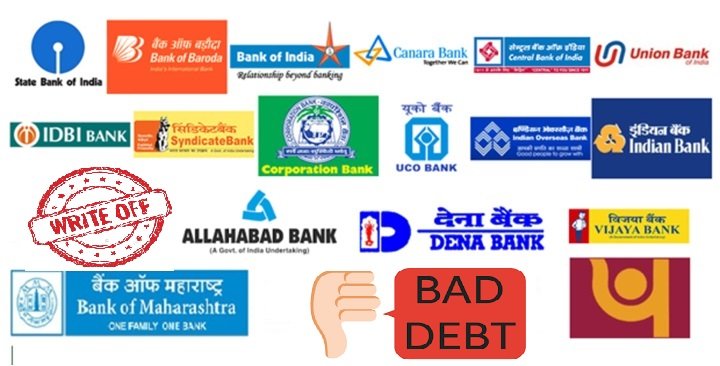Fear grips as over 30,000 port workers are likely to get axed
- Unmesh Gujarathi
- Jun 22, 2021

MUMBAI: In what could be termed as an imminent threat to the livelihoods of tens of thousands of employees of seaports across the country, the decision of the central government will most certainly push them to the brink of total unemployment.
The trade Unions are up in arms against the decision of the Union Ministry of Ports, Shipping and Waterways to private 11 major ports across the country by offering them a special voluntary retirement scheme (VRS) to nearly 30,000 employees.
In a recent letter to Port Trust Boards, the Shipping Director Vinaykumar Prajapati has reiterated the SVRS for the port employees announced by the Government of India earlier. Under the scheme, those seeking VRS will not be allowed to undertake jobs in any other port.
Similarly, no jobs will be offered to their heirs. The employee seeking VRS will have to give three months’ notice to the management. Different ports are in the process of working out different SVRS schemes. The JNPT in Navi Mumbai is offering workers 60 days emoluments (Basic plus DA) for each completed year of service or 30 days emoluments (Basic plus DA) for each month of balance service, whichever is less, without any ceiling.
A total of 25939 employees covered include Kolkata-3772, Paradip- 378, Visakhapatnam-3150, Chennai-3953, Chidambaran-691, Cochin-1394, New Mangalore-602, Marmugao-1513, Mumbai-6430, Jnpt-1473 and Deendayal Port-2203.
The parliament has already passed the Major Port Authorities Bill, 2020 in February 2021, converting ‘port trusts’ into ‘port authorities' in the biggest structural reform of 11 of the 12 ports controlled by the Central government.
Major Port Authorities Bill
Under the new law, the 11 ports will don the role of landlords – a model widely followed globally wherein the publicly governed port authority acts as a regulatory body and as landlords while private companies carry out cargo handling activities. Here, the port authority will maintain the ownership of the port, while the infrastructure will be leased to private companies who will provide and maintain their own superstructure and install their own equipment to handle cargo. The landlord port, in return, will get a share of the revenues from the private entity. Accordingly, the cargo handling facilities run by the ports themselves will have to be privatised through the PPP mode, putting a question mark over the fate of thousands of workers deployed for cargo operations.
Workers unions
However, the unions claim that the new scheme will open a Pandora box to private companies. They fear that the government would issue an order using Section 53 of the proposed Act to achieve this long-pending objective. “The Board (of each port authority) will be bound by such directions on question of policy as the Central Government may give in writing from time to time,” according to Section 53. Besides, it will give a long rope to the money sharks.
Unless the ports are converted into companies, the government cannot list them on the stock exchanges and potentially disinvest or privatize them. Corporatisation will also help the government receive dividends from these ports. The major ports had 28,852 full-time employees on March 31, 2019, of which 26,080 were Class 3 and 4 cargo handling and non-cargo handling workers while 2,772 were officers. The numbers would be a few hundred less now after the superannuation of employees. The ports are expected to seek aid from the centre.











Reporter
Unmesh our Editor-at-large is one of the most prolific editors with a career that spans over two decades in leading media houses like The Asian Age, The Free Press Journal, Lokmat etc. Currently, he is the Editor-in-Chief of Sprouts, a daily broadsheet. Unmesh is particularly known for his exposé that have unearthed major scandals of corruption and scoops.
View Reporter News